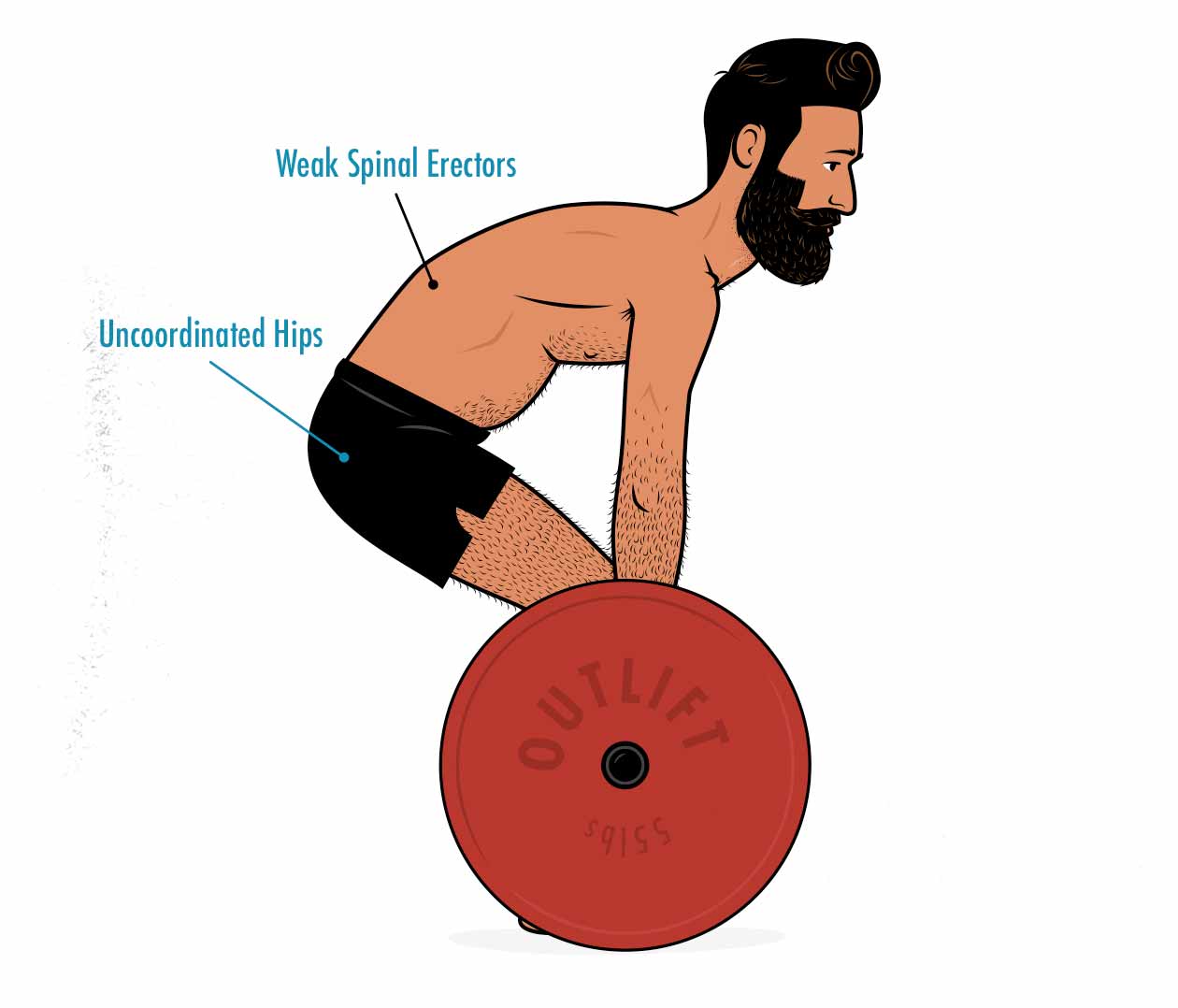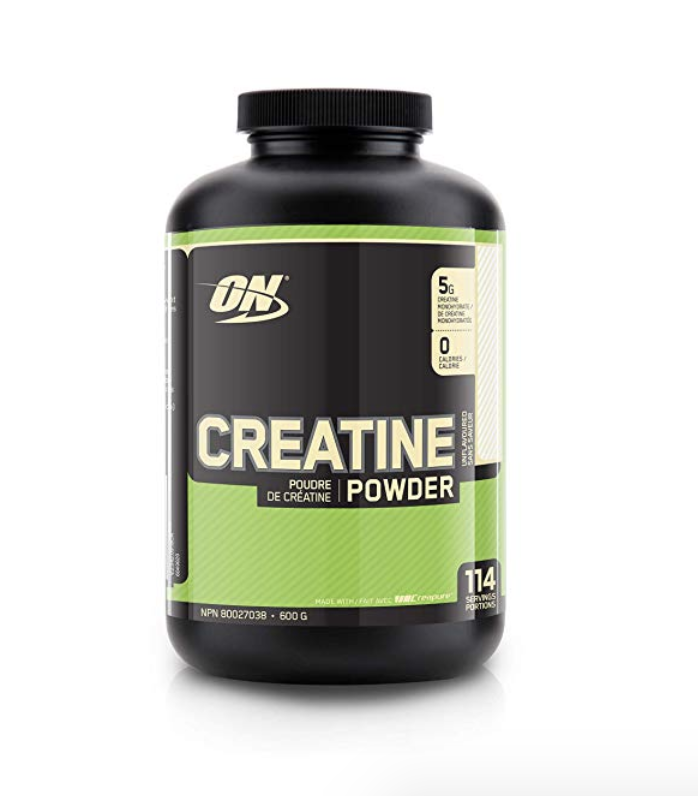
One of this amino acid's most notable functions is as a precursor to another amino acid, tyrosine, which your body converts into a number of brain chemicals including dopamine, epinephrine, and norepinephrine. Phenylalanine: Adequate levels of phenylalanine are crucial for the structure and function of a vast number of proteins and enzymes.Plus, it can speed healing and help you bounce back faster from injuries. Threonine: Best known for keeping your muscles and connective tissues strong and limber, threonine also contributes to muscle protein synthesis.Isoleucine also speeds recovery, decreasing the time needed to repair post-exercise muscle damage. Isoleucine: The third BCAA, isoleucine makes major contributions to hemoglobin synthesis as well as the regulation of energy and blood sugar levels.Studies show that valine can have significant anabolic effects. Valine: Another of the three BCAAs, valine promotes muscle growth and tissue repair.Lysine is the second most abundant protein found in human muscle tissue. Lysine: This amino acid contributes to muscle growth as well as tissue repair and nutrient uptake throughout the body.It also activates mTORC1 (more on what that means later). One of the three branched-chain amino acids (BCAAs), leucine plays a significant role in muscle anabolism. Leucine: Many bodybuilders and athletes sing the praises of leucine supplementation-and for good reasons.Anyone seeking to optimize her physical performance and muscle growth should review this list below outlining some of the important roles the essential amino acids play: Instead, they must be obtained from the food you eat.

Your body absolutely requires these nine amino acids not only to produce protein but also to carry out basic bodily functions that keep you alive. Scientists categorized nine of these as essential amino acids. Your body needs 20 different amino acids to produce protein. And it is those protein macromolecules that make up your muscles. When these compounds link together, they form protein molecules. In technical terms, amino acids can be defined as simple organic compounds that contain a carboxyl (-COOH) and an amino (-NH2) group. In the most basic terms, taking amino acid supplements promotes muscle protein synthesis (sometimes abbreviated to MPS response) and can help your body build the most muscle in the shortest amount of time. Even if you make sure to prioritize protein intake at every meal, you can still amplify your anabolic response via amino acid ingestion. Protein contains amino acids, which are the building blocks of your muscle tissue. Protein is, hands down, the most important nutrient for anyone engaged in a regular resistance exercise training program.

Increasing muscle strength and mass requires close interaction between exercise and daily diet. To get the best results from any exercise program, including resistance training, it's vital to provide your body with the fuel it needs to power through workouts and recover in between sessions.

Research links resistance exercise to a wealth of benefits, including better joint function, increased bone density, and enhanced muscle, tendon, and ligament strength. If you're curious about resistance training but not sure where to begin, I recommend checking out this post. You can lift weights to build muscles, or use the machines at the gym, or even use your own body weight in resistance exercises such as planks and pull-ups. But recent studies indicate that when it comes to using amino acid supplements to enhance muscle protein synthesis (the building of muscle protein), there may be a much more effective option.īefore exploring the relationships between resistance exercise, amino acid supplements, and muscle protein turnover, let's get clear on some of the basic terminology. They've become about as ubiquitous as whey protein! Proponents believe BCAAs can maximize muscle growth, decrease post-workout muscle soreness, enhance mental focus, and more. If you've spent any time in the company of individuals seeking to increase their physical strength and build muscle mass recently, you've likely heard them talking about branched-chain amino acid supplements (often referred to as BCAAs). But what about combining EAA supplements and resistance training? Does that lead to any impressive benefits? In a previous blog post, I covered aerobic exercise and how essential amino acid (EAA) supplements can be used to mitigate the effects of muscle breakdown and improve performance.


 0 kommentar(er)
0 kommentar(er)
